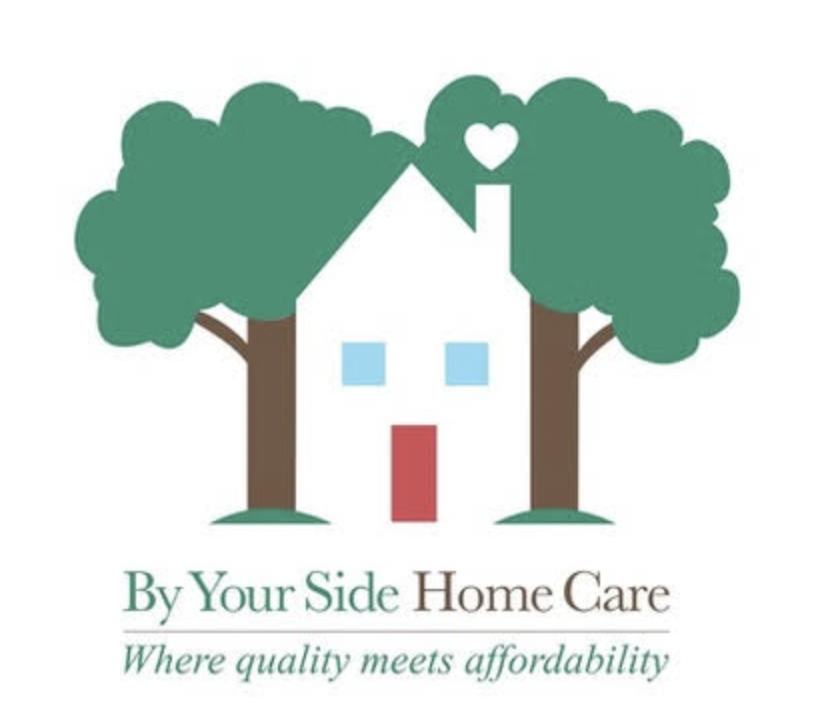Options For When You Need 24 Hour Care
When you are starting to see that your loved one needs a new level of care, choosing the right care can be overwhelming. From a nursing home or assisted living to live in care or in-home care, which is the right one? If you or your family needs this kind of care, there are several options that are being used every day by people just like you to get affordable 24-hour care. Below are tips to help you make an informed decision.
Nursing Home
Whether your loved one needs senior care, disability care, or requires a hospital stay after surgery, the obvious choice that most people think of is a nursing home. A nursing home or skilled nursing facility provides full assisted 24-hour care including food service, housekeeping, help with daily tasks, active social environment, and access to many resources. Skilled nurses and aides provide care for your loved one. Most nursing homes have more of a hospital feel to them typically with a nursing station. They offer private and shared rooms.
Assisted Living
An assisted living facility provides senior housing where you can live independently but requires some assistance. A typical assisted living facility offers one or two bedroom apartments and includes daily meals, basic housekeeping, laundry, social programs, transportation, and access to medical services if needed. Care is usually provided on the resident’s schedule inside their apartment and daily schedules are catered to an individual’s need.
24 Hour In-Home Care
Often times, seniors and people living with disabilities do not need or want to live in a care facility to obtain the help they need. Instead, a more appropriate option is keeping them in the home for as long as possible with the aid of a caregiver. One of the key ways to determine if a person needs to live in a care facility is by hiring a caregiver. The caregiver can make notes throughout the day, and if a medical issue could be remedied at a nursing home, it will be recommended. Otherwise, a caregiver can provide superior care that improves the overall health and mood of the person that needs their services.
In-Home Services Offered
It’s important to know what services are offered with each option. Knowing exactly what services are provided is essential. The most basic care options provided should include meals and help with their daily routine. Some of these care providers will agree to manage chores such as cooking, grocery shopping and doing the laundry. The level of assistance they offer will vary. So will the experience and professional qualifications of the care providers you receive. It’s important to know if the agency you choose will be sending a registered nurse (RN) or licensed practical nurse (LPN) to your home, the former having more advanced medical training. Some agencies offer a full range of medical services such as speech and physical therapy. Others may just provide 24 hour home care without medical credentials, so it’s crucial to know what you or your loved one needs and make sure that the agency you contract with will provide it.
Determining the types of caregivers you need
In certain circumstances, a person is unable to be cared for in the home with a trained professional, but most daily activities can be successfully accomplished at home with a caregiver. For example, many caregivers are employed if a person has memory issues that could place their safety at risk. On top of this, a caregiver may also prepare meals, do grocery shopping or help their client with bathing and grooming. One other type of caregiver that can regularly visit the home employees medical equipment for regular health monitoring. This kind of professional nursing service is especially important if the client is in the recovery process from surgery.
Costs
Twenty-four-hour in-home care is often regarded as less expensive than being a long-term resident in a medical facility. Nursing homes, for example, are a major expense for a family of modest means. Some can charge almost $100,000 a year to a long-term resident. That doesn’t mean that it’s easily affordable for the average family to manage home health care costs, however. How much 24-hour in-home care costs varies from state to state. Some families buy insurance coverage specifically for 24 hour home care. They may also buy insurance that covers accidents. Insurance premiums may be too high for them to afford, though, at which point Medicaid or Medicare may be a solution.
Find professional help like the experts at By Your Side Care to help you make this important choice.

